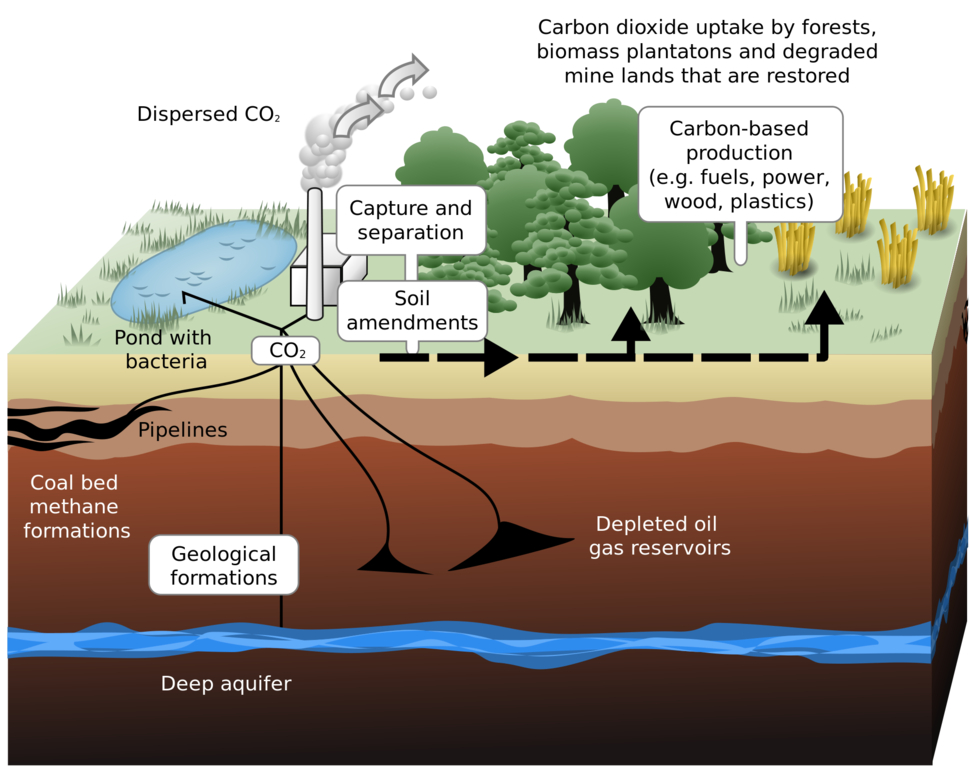Back in 2005 it seemed like such a good idea: fermenting sugar cane and corn in order to obtain a replacement for fossil fuels. By reassigning only 7%of the land used for feeding crops, the entirety of gasoline used for transport in the U.S. could be replaced. At the same time that the biofuel industry in the USA started to gain momentum a different approach was taken overseas; in Europe, world’s first greenhouse gas ‘cap and trade’ system was being set up, called the Emissions Trading System (ETS).
That was 2005. Now, a decade later, we of course know that the intended transition to biofuels would have had catastrophic consequences if expanded in the manner initially intended. Due to worldwide response of farmers to higher crop prices the emissions from land-use change would have doubled. And that is not even considering the issues of food vs. fuel, deforestation and pressure on water resources. Although less of a disaster, the regulations that the EU has put into place have also been subject to a number of shortcomings, of which the over-allocation over emissions and price volatility are the main culprits.
Yes, the policy makers behind both systems meant well; their goal was to reduce the toll humanity was taking on the environment by reducing the emission of CO2. Yes, second generation biofuels will help us transition to a sustainable future and the current ETS regulations seem to be working better. And yes, everyone has 20/20 hindsight, making it easy to criticize those who developed and initiated the proposed techniques and regulations. The fact remains that many of the abovementioned problems could have been foreseen.
It seems that the then made actions can be bluntly summarized as the policy makers choosing for short term solutions without taking into consideration possible societal and environmental changes. Or: they lost sight of the big picture. Thankfully we all know the saying “learn from your mistakes”.
Or do we?
A somewhat current development is the large-scale application of Carbon Capture Storage (CSS). Herein the CO2 produced in the fossil fuel power plants is caught and stored in depleted gas and oil fields or beneath large rock formations. At first glance it seems like an interesting way of reducing greenhouse gas emissions, and it may well be, but we should not overlook the unfavorable side effects it has.
Firstly, CSS causes a huge reduction in efficiency of the power plant the CSS system is connected to; approximately one-third of the energy produced in the plant is used to capture the harmful gasses. So although emissions are reduced, the amount of fuel used increases dramatically, which will surely put pressure on the environment. Secondly and more importantly, there is no guarantee that the stored carbon remains that way indefinitely. A few small-scale projects have yielded positive results, but these cannot be trusted in the long run.
And there you have it. The long run. The big picture.
If the policy makers do decide to go down this road, we will indeed clean up our energy production, which everyone agrees needs to happen. But what will the long-term effects on the environment be. Will we indeed learn from our mistakes and take careful considerations? Or will a different expression prove to be more applicable?
Let’s hope it won’t be “History repeats itself.”
